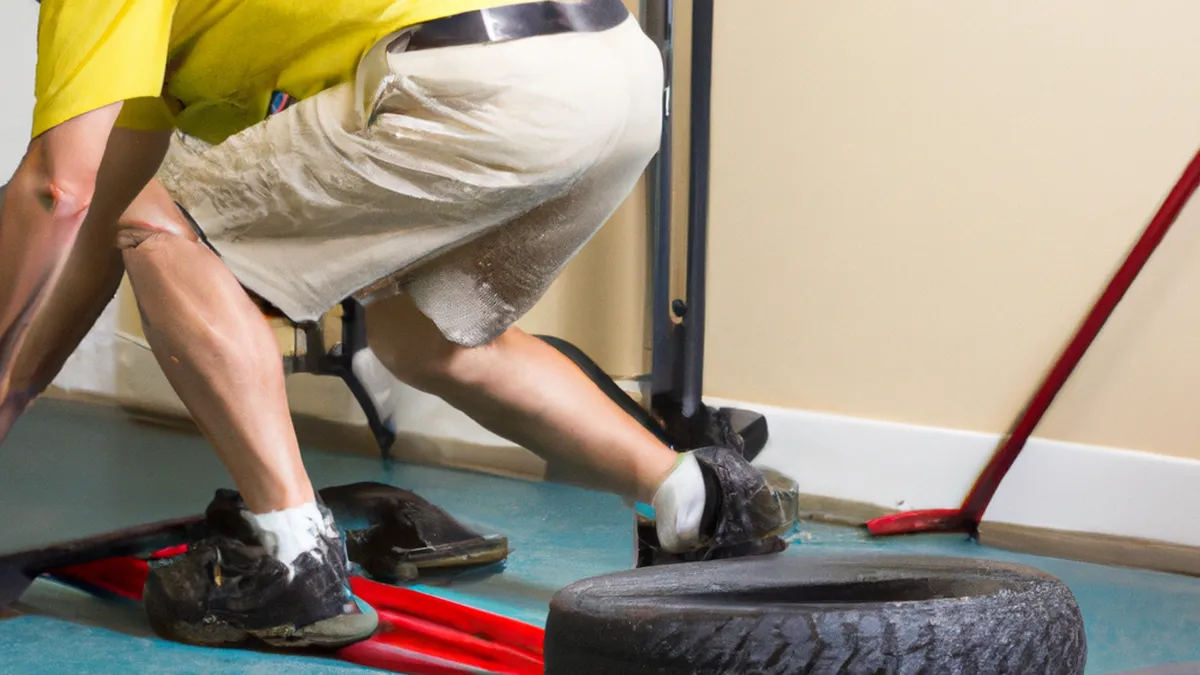Senior Fitness: Goals Made Simple
Goal-Setting Methods for SeniorsSetting goals enriches seniors’ lives by providing direction, purpose, and accomplishment. Seniors face unique challenges in goal-setting. This post explores effective methods for seniors, emphasizing the importance of goals and offering practical strategies.
Understanding the Importance of Goals
As seniors age, life changes can create uncertainty. Retirement often disrupts work-related identities. Health issues may limit physical abilities, and losing loved ones can cause emotional strain. Setting achievable goals combats feelings of disorientation and aimlessness. Goals provide focus and motivation, renewing purpose.Research shows that goals enhance mental and emotional well-being. Engaging in goal-directed activities fosters feelings of competence and autonomy. This process builds resilience, helping seniors navigate aging challenges more easily.
Tips for Effective Goal-Setting
As an Amazon Associate I earn from qualifying purchases.
Gear tip: consider light resistance bands, chair yoga strap, and balance pad to support this topic.
1. Start Small
Seniors should begin with small, achievable goals. This strategy builds confidence and momentum. Rather than overwhelming yourself, focus on manageable tasks. For example, to increase physical activity, commit to a daily 10-minute walk. Gradually increase duration or intensity as you succeed. Starting small makes the process less daunting and allows for early successes.
2. Use the SMART Criteria
Applying the SMART criteria enhances goal-setting effectiveness. SMART stands for Specific, Measurable, Achievable, Relevant, and Time-bound. Here’s how to apply it:- **Specific:** Clearly define your goals. Instead of saying, “I want to exercise,” specify, “I will walk for 30 minutes three times a week.”- **Measurable:** Establish criteria to track progress. Log activities in a journal or use a fitness app.- **Achievable:** Set realistic goals that align with your abilities and resources. Challenge yourself, but avoid unrealistic expectations.- **Relevant:** Ensure your goals align with your interests and values. Relevant goals boost motivation and commitment.- **Time-bound:** Set deadlines for achieving your goals. Deadlines create urgency and help maintain focus.
3. Write Down Your Goals
Writing down your goals makes them tangible and increases accountability. Putting pen to paper encourages serious commitment. Keep your goals visible on your refrigerator, planner, or bulletin board. Regularly review your goals to stay motivated and reminded of your commitments.
Conclusion
Setting achievable goals empowers seniors to navigate life’s challenges, enhancing their well-being and sense of purpose.
Below are related products based on this post:
FAQ
Why is goal-setting important for seniors?
Goal-setting is crucial for seniors as it provides direction, purpose, and a sense of accomplishment. It helps combat feelings of disorientation and aimlessness that can arise from life changes such as retirement, health issues, and the loss of loved ones. Engaging in goal-directed activities enhances mental and emotional well-being.
What are some tips for effective goal-setting for seniors?
Effective goal-setting for seniors includes starting small, using the SMART criteria, and writing down goals. Starting with small, achievable goals builds confidence and momentum. Applying the SMART criteria ensures goals are specific, measurable, achievable, relevant, and time-bound, while writing them down increases accountability and commitment.
How can seniors track their progress towards goals?
Seniors can track their progress by establishing measurable criteria and logging activities in a journal or using fitness apps. Keeping a record helps maintain focus and motivation, allowing seniors to see their achievements over time. Regularly reviewing goals also reinforces commitment to their objectives.















Post Comment